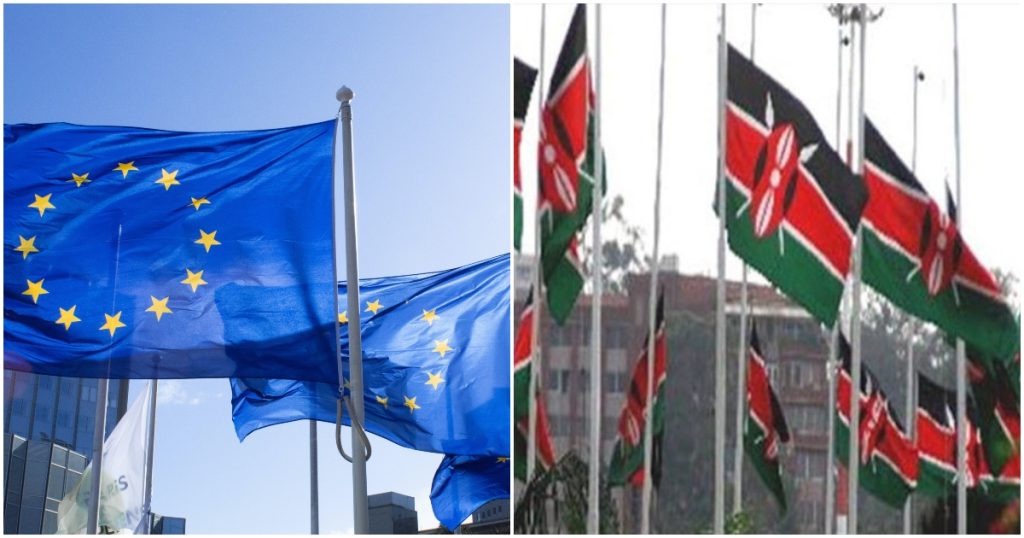The EU and Kenya bilateral relationship in 2022 continues to thrive with the regions currently negotiating on an interim Economic Partnership Agreement (iEPA) The agreement that is expected to enhance trade and investment opportunities and help boost sustainable economic growth and job creation The EU further observed that the future EU-Kenya iEPA would liberalise trade
[elementor-template id="94265"]
